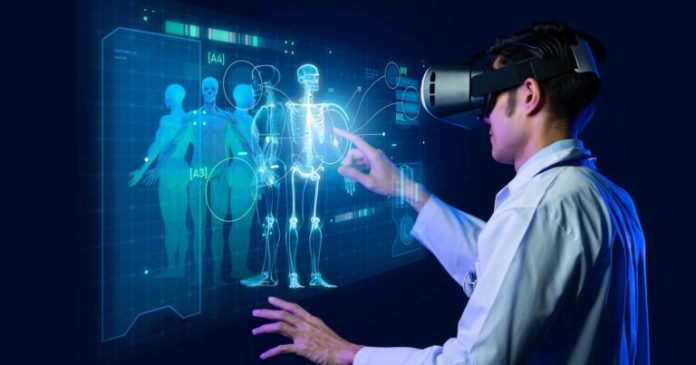
Artificial Intelligence (AI) has been a buzzword for years, particularly in content creation, but its impact on the healthcare space is transformative. For individuals with limited access to medical facilities and those without insurance, AI could drastically change the healthcare landscape. Stem cell registries globally are now investigating its role in accelerating donor matching and transplantation.
Jane Ward, Deputy Director for the South African Bone Marrow Registry (SABMR), explains that AI could revolutionize the process of finding matching donors for patients awaiting stem cell transplants. The time-sensitive nature of donor matching makes this advancement crucial. AI’s ability to quickly analyze genetic data would streamline the identification of compatible donors, significantly reducing the time it takes to find a match. This would also free up staff to focus on patient care.
Ward highlights that the success of AI in healthcare has already been demonstrated by the rapid development of Covid-19 vaccines, which otherwise might have taken years. AI’s potential extends beyond stem cell registries and could save more lives by enabling faster diagnoses and preventative care, particularly during cancer screenings. This is especially critical for patients with conditions like leukemia, lymphoma, and other blood disorders, where timely treatment can be life-saving.
Ward emphasizes that AI is not only enhancing healthcare access but also making it more equitable, ensuring that more people receive the care they need. However, she acknowledges that technology can never fully replace the human touch in healthcare.
Challenges and Opportunities of AI in Healthcare
Despite its potential, Ward is cautious about the challenges that need to be addressed before AI is fully integrated into stem cell registries. AI, while powerful, is still far from being fully implemented across healthcare systems, largely due to issues related to ethics, regulation, and responsibility.
One major hurdle is the data itself. Ward notes that only 4% of data is considered “AI-ready.” Many healthcare organizations still rely on paper records, and not all data is digitized, making it difficult to implement AI effectively. Additionally, there are ethical concerns surrounding the responsible use of AI, intellectual property, and accountability. Getting these aspects right is critical before full-scale AI integration can occur.
Other challenges include the need for cultural change within organizations, where staff must adapt to new technologies and methods. There is also the issue of cost, as AI software development is expensive, and many registries, like SABMR, are non-government funded.
However, despite these challenges, Ward believes that AI is the way of the future, and failing to embrace it would be a missed opportunity. She is optimistic that AI will allow the SABMR to serve patients better by finding donor matches more quickly and efficiently.
Ward concludes that AI aligns perfectly with the mission of stem cell registries: providing the best care possible and giving patients a second chance at life.

